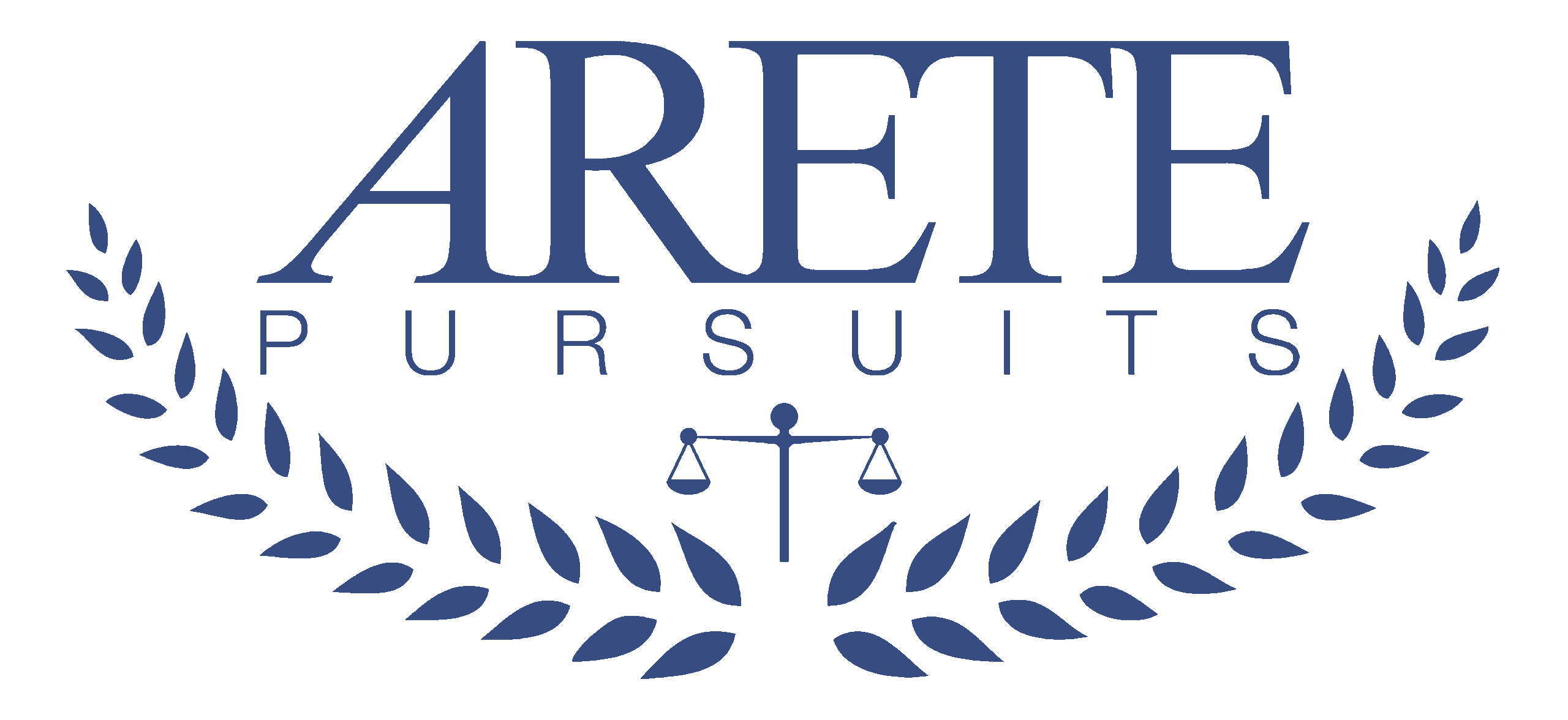“In the beginner’s mind, there are many possibilities. In the expert’s mind, there are few”
– Shunryu Suzuki
Today I am brimming with anticipation. You know how it feels the day before a big event – whether it’s your wedding, a big presentation, a major competition… Excitement. Enthusiasm. Maybe some nerves. Paradoxically, my excitement precedes 7 days of 6-hour Zoom meetings that kick off tomorrow. Yes, that’s not optimal, but it’s the pandemic world we’re living in, and I’ll take it. Tomorrow we begin the second half of my Ontological Coaching program at the Newfield Network. We began the first half with the same format – 7 days of 6-hour Zooms. They were the most intense two weeks of my life. I formed thirty close friendships over Zoom and had the opportunity to watch true coaching mastery at work led by Julio Ollala and Veronica Love.
On the very first day, we talked about the enemies of learning. It was a fitting opening session, because it helped all of us reframe our mindset before diving in. This goes well beyond having the right mindset when you step into a learning opportunity. Every interaction with another person has the potential for learning. Every time we consume information, whether reading, watching TV, listening to a podcast, we have the potential for learning. If we can identify the personal barriers we have that impede our learning mindset, we unlock the potential for learning and growth. You can find a full list of these barriers and details about how to counteract them in Language and the Pursuit of Leadership Excellence, by Chalmers Brothers and Vinay Kumar. Let’s talk through a few of my favorites and I invite you to think about which ones resonate with you.
There’s nothing new for me to learn here. I lead with this one because it’s my biggest challenge. I have three decades of life experiences. I’ve led 500 person organizations. I’ve been through countless leadership training courses. I’ve been coached multiple times. It’s easy to walk into a class and tell myself “Been there, done that, bought the t-shirt.” How well do you think that mindset serves me? I counter this by reminding myself there’s always something new to learn. This teacher will bring their own perspective. We’re always learning new techniques. And if nothing else, what a wonderful opportunity to reinforce what I think I know and get stronger at it.
I should already know. Closely related to the prior one, the potential learner believes they are “supposed” to know the content, because of their title or life experience. They spend their time trying to demonstrate they already know it to cover up their own imposter syndrome. How often do you find yourself in this scenario? If you “should” know this, more reason to be fully engaged and learn something. If you’re the leader, model a growth mindset for your team by being an active participant.
Unwillingness to admit “I don’t know”. Another way of saying this is “Unwillingness to declare Beginnerhood.” Our mind is closed to the possibility of learning. Perhaps we don’t want to learn that beliefs we’ve held dear are not grounded. Perhaps we think there’s a better use of our time. Have you ever tried to teach someone who did not want to learn? It’s an incredibly frustrating experience. Recognize it, acknowledge it, and declare Beginnerhood. Open your mind to learning.
Forgetting the impact of emotions on learning. The right conversation in the wrong mood is the wrong conversation. This is one of my favorite pieces of learning from the first half of my course, and I repeat this mantra an awful lot. I counteract this by making sure I have at least five minutes to clear my desk and clear my mind and get in a healthy learning mindset before the learning begins.
Distrust. Have you ever had an instructor you did not trust? When we lack trust, it’s very difficult to be in a learning mindset. See my post on The Elements of Trust to diagnose the source of the distrust and determine strategies to overcome it.
Believing I cannot learn given who I am. We all have certain beliefs (assessments, to use the Ontological Coaching distinction) that we hold close. They are rooted within us because we’ve believed them for years, possibly a lifetime. For example, suppose at an early age you were told you aren’t good at math. Maybe your parents told you they aren’t good at math, so you didn’t get “the math gene.” Over the years, you just accepted that. You didn’t try as hard at math, you didn’t apply yourself, and you told yourself it’s ok, you’re just not good at it. You took the least amount of math possible in high school and avoided it completely after that. You believed you could not learn math. Chances are you could be a lot better at math than you were, if you’d put in the effort. Our effort and our mindset have a lot more to do with our ability to learn than our genetics. Ask yourself – what do you tell yourself you’re not good at? What do you tell yourself you can’t learn? Now challenge yourself – how can you learn it?
As we move to the second half of our program Newfield has asked us to “put on our white belts.” To metaphorically embrace our Beginnerhood and adopt a learning mindset. This concept resonated with me so much, I bought one, and I wear my white belt throughout my day, whether I’m engaged in learning with Newfield or coaching with my clients. This physical reminder helps me remember that there is always something new to learn, in every interaction. Are you ready to put on your white belt?
Want to comment? Join the conversation on LinkedIn.

